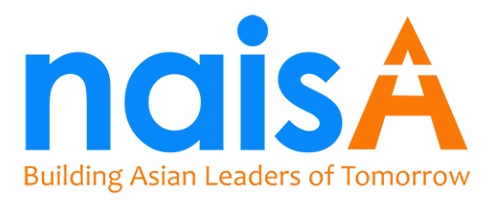JAN
19
Asia Leads the Line as International Students but Still Lacks Leaders
The United States has been the great global hub of Higher Education. Recent Federal data sources released by US Immigration and Customs show that approximately one million international students are attending American schools and up to three quarters of the students are from Asian countries with the most popular subjects being engineering, computer science, and business. Of the Asian countries, China makes up one third of the student population. Of those enrolled in the Science Technology Engineering and Mathematics (STEM) programs in the U.S., nearly 80% are from India.
In recent years, there have been proposals to make it easier for international students who graduate with a degree in a STEM field to gain permanent resident visas, as it would have a potentially positive effect on such industries in America.
Asian students are an attractive prospect for schools in the West. There financial contributions through tuition, as well as living costs are a real boast for campuses and towns, as well as, bringing in a cultural and intellectual diversity that might otherwise be lacking.
What Asian students gain from their time in the US is direct experience living and studying in a Western nation. An experienced survivor of culture shock; having gone through a rough honeymoon, crisis, recovery, and adjustment period, their language skills will have likely improved, as well as the experience of setting out on a journey and overcoming all the different obstacles along the way. That’s why it’s important for Asian graduates to use their newfound skills to take them even further on the career ladder.
Right now there is a call for leaders in the business world, and nowhere more so than in Asia. At a World Economic Forum meeting in Davos, Switzerland, participants discussed the macroeconomic forces impacting the working world and the greater pressure for businesses to develop leaders faster. According to research by Right Management — the global leader in talent and career management within ManpowerGroup — only 7.2% of businesses in Asia have leaders who are “very prepared” to address business challenges. ManpowerGroup’s 2013 Talent Shortage Survey also found that management and executives are on the list of the region’s Top 10 Hardest Jobs to Fill.
At naisA Global we have dedicated ourselves to the development of Asian graduates and young professionals from promising talent to global leader. We have a number of programs suited to expanding communication skills, competitive scholarships, as well as mentor-protégé platforms where young professionals can learn from those who have already made it to the top.
The Asian business environment is rapidly changing. This rise of the middle class and the evolution of the region: from a manufacturing giant to a vast consumer market and brilliant innovator, demands Asian leaders with new skills. Such crucial skills include a global mindset, the ability to lead change, as well as the ability to develop and retain talent. By focusing on these skills and more through our programs, at naisA Global we are focused on how best to build a new generation of global Asian leaders.
naisA Global is a 501(c)(3) non-profit educational organization dedicated to helping talented young Asian professionals unlock their potential and become great leaders.
- Jamie Sheen
- naisA Global Staff
About Jamie Sheen
Most Popular
